NEWYou can now listen to Fox News articles!
The Trump administration is seeking to cool tensions between the U.S. and China, after Beijing unveiled plans to impose export controls on rare-earth magnets and after the U.S. threatened more stringent tariffs on Chinese goods in retaliation.
Rare-earth elements are used in products such as electric cars, household appliances, lithium batteries and camera lenses — and are critical to national security because the magnets are key components in many weapons systems.
The export controls directly affect the defense supply chain since the magnets are used in F-35 fighter jets, Virginia- and Columbia-class submarines, Tomahawk missiles and radar systems, among other platforms.
TRUMP THREATENS 'MASSIVE' CHINA TARIFFS, SEES 'NO REASON' TO MEET WITH XI

The Trump administration is seeking to cool tensions between the U.S. and China. (Saul Loeb/AFP via Getty Images)
A Virginia-class submarine is outfitted with more than 9,200 pounds of rare-earth elements, while F-35 fighter jets contain more than 900 pounds, according to the Center for Strategic and International Studies.
China plays a critical role in producing these elements. It is responsible for mining roughly 60% of the world’s rare earth minerals and processing nearly 90% as of 2024, according to CSIS.
China unveiled plans Thursday to expand export controls to include five additional rare-earth metals — holmium, erbium, thulium, europium and ytterbium — adding to seven previously restricted in April.
Gracelin Baskaran, the director of the Critical Minerals Security Program at CSIS, said that the export controls will require all foreign companies to secure Chinese approval to export magnets that contain even small amounts of rare earth elements from China, or were made using Chinese technology.
"China’s new rules mark its toughest move yet against the defense sector. Beginning December 1, 2025, firms linked to foreign militaries - including the United States - will be largely denied export licenses," Baskaran said in a Monday email to Fox News Digital.
China said that it imposed the new restrictions due to national security concerns, claiming that the rare-earth elements have "dual-use properties for both civilian and military applications," according to a spokesperson for the Chinese Ministry of Commerce.
China's plans are testing relations between the U.S. and China, following a few months of relative calm between the two. But China's announcement received pushback from Republicans and Democrats serving on the House Select Committee on the Strategic Competition Between the United States and the Chinese Communist Party, who are pushing for action to penalize China.
Committee chairman Rep. John Moolenaar, R-Mich., said in a Thursday statement that the new export controls amount to "an economic declaration of war," and that every American would suffer.
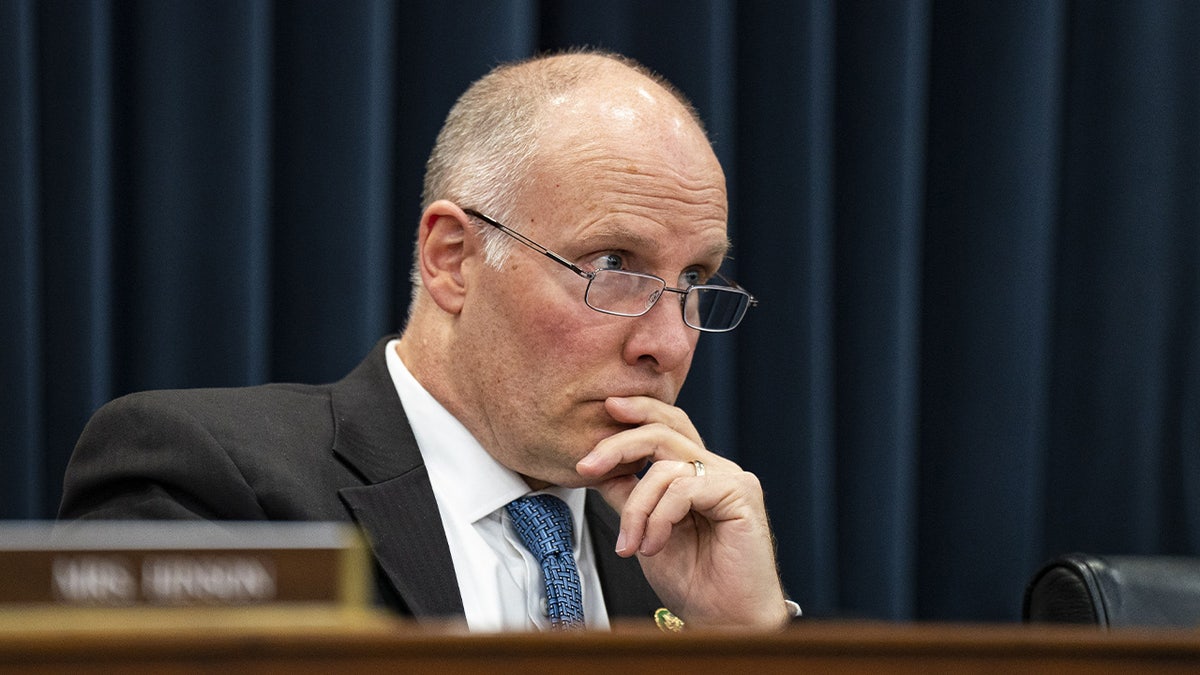
John Moolenaar, a Republican from Michigan, is now the chairman of the House Select Committee on China. (Al Drago/Bloomberg via Getty Images)
"China has fired a loaded gun at the American economy, seeking to cut off critical minerals used to make the semiconductors that power the American military, economy, and devices we use every day including cars, phones, computers, and TVs," Moolenaar said in a statement.
Moolenaar sent a letter to Trump in September urging him to act against China’s dominance in rare-earth magnets and to consider limiting Chinese airline access to U.S. and allied airports until Beijing lifts the restrictions.
Ranking member of the committee, Rep. Raja Krishnamoorthi, D-Ill., also said that the U.S. must find alternatives so the country doesn't depend so much on China for the magnets.
"The United States and allies must redouble efforts to diversify supply sources, strengthen partnerships, and invest in domestic processing to reduce our reliance on the Chinese Communist Party for essential minerals," Krishnamoorthi said in a Friday statement.
TRUMP, BESSENT CAN LEVERAGE TIKTOK NEGOTIATIONS TO COUNTER CHINA'S RARE EARTH DOMINANCE
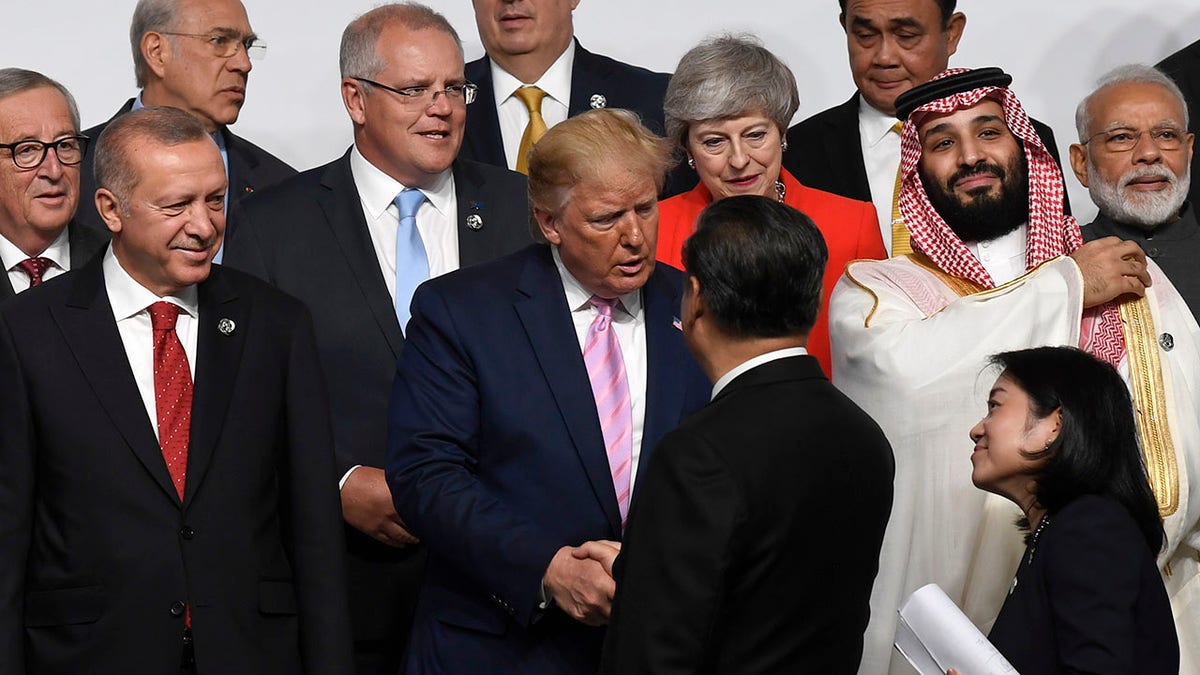
President Donald Trump, center, shakes hands with Chinese President Xi Jinping, as they gather for a group photo at the G-20 summit in Osaka, Japan, Friday, June 28, 2019. (AP Photo/Susan Walsh)
In response to China, the Trump administration threatened to impose tariffs on Chinese goods by 100% and warned he might cancel his meeting later in October with Chinese President Xi Jinping.
Even so, Trump attempted to defuse the situation Sunday, and chalked up Beijing’s plans to impose new export controls to a "bad moment."
"Don’t worry about China, it will all be fine! Highly respected President Xi just had a bad moment," Trump said in a Sunday social media post. "He doesn’t want Depression for his country, and neither do I. The U.S.A. wants to help China, not hurt it!!!"
Meanwhile, the Chinese Embassy in the U.S. said Monday that it "firmly rejects" new U.S. restrictions and sanctions against Beijing, and will "do what is necessary to protect its legitimate rights and interests."
CHINA WEAPONIZED SCIENCE AGAINST THE US. WE'VE FIGURED OUT A KEY ELEMENT THEY MISSED
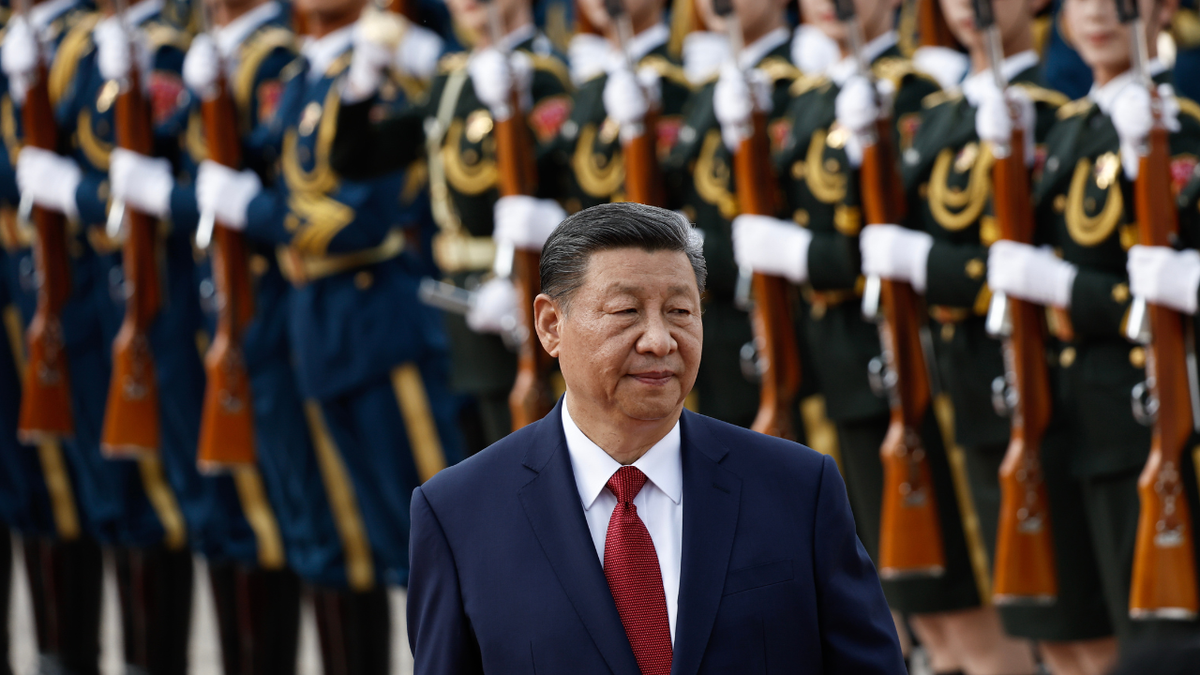
Chinese President Xi Jinping reviews the honor guard during the welcome ceremony for Bahrain's King Hamad bin Isa Al Khalifa at the Great Hall of the People on May 31, 2024 in Beijing, China. (Tingshu Wang/Pool/Getty Images)
"Threatening high tariffs is not the right way to deal with China," the Chinese Embassy said in a Monday social media post. "The U.S. should correct its approach and act on the common understandings the two presidents reached in their phone calls."
U.S. Trade Representative Jamieson Greer said Sunday that the U.S. was not given a heads up on the increased export controls, and said that China "deferred" a call from the U.S. on the matter after Washington learned about the move from public sources.
However, China and the U.S. upping the ante in their trade war hasn’t totally derailed talks between the two countries. Treasury Secretary Scott Bessent said on Monday that the U.S. and China engaged in "substantial communications" over the weekend, and that Trump and Xi’s meeting in October is still expected.
Fox News’ Morgan Phillips and Alex Schemmel contributed to this report.
Diana Stancy is a politics reporter with Fox News Digital covering the White House.

 4 hours ago
2
4 hours ago
2
.jpeg)
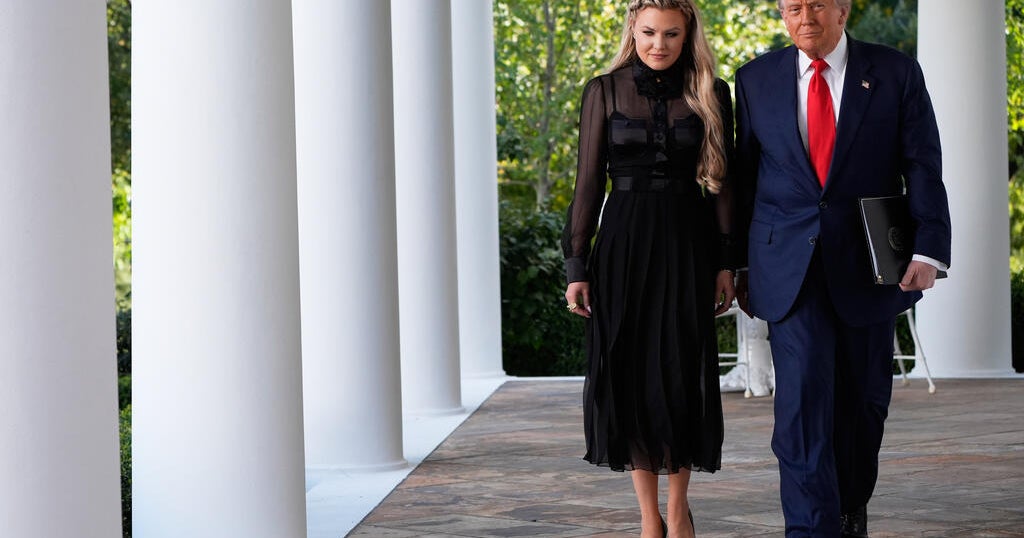

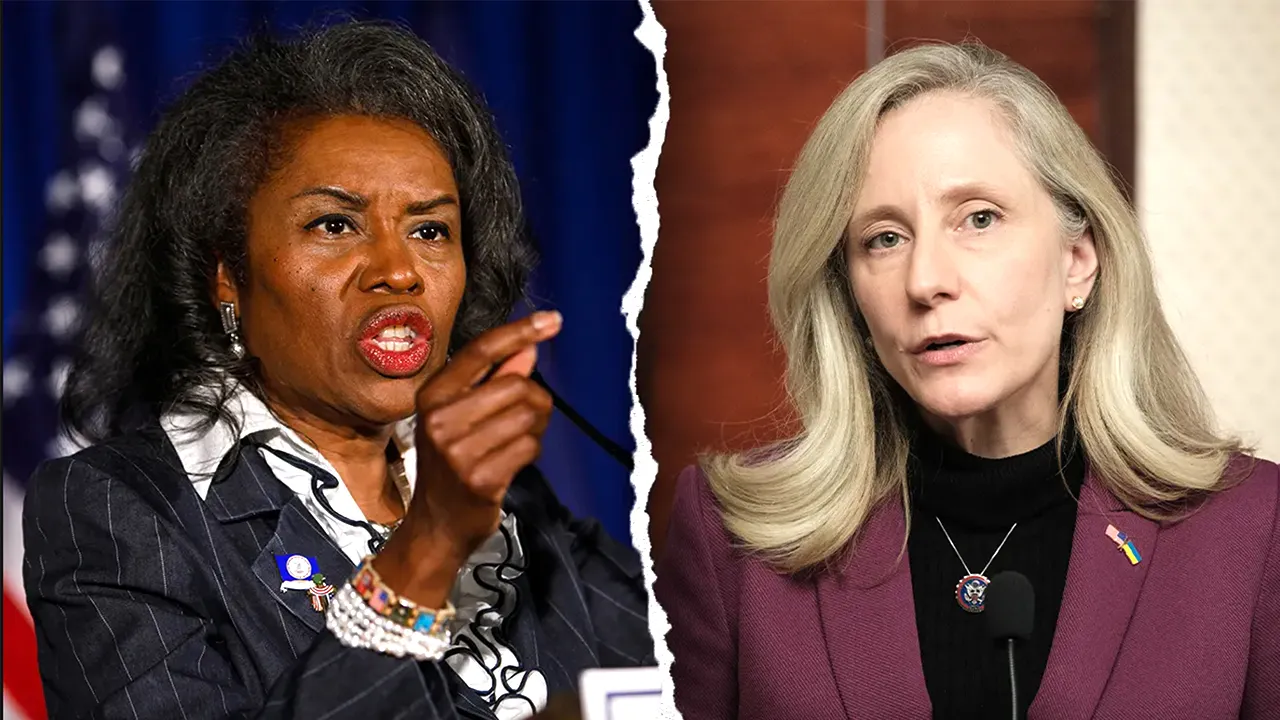
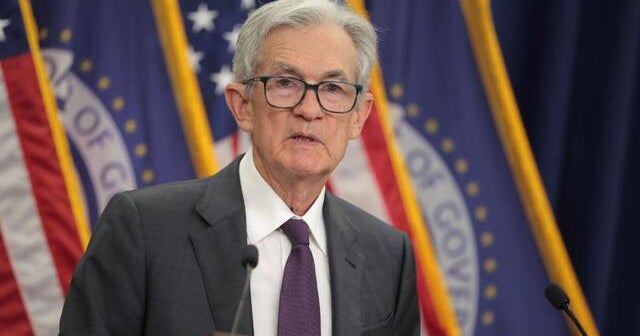
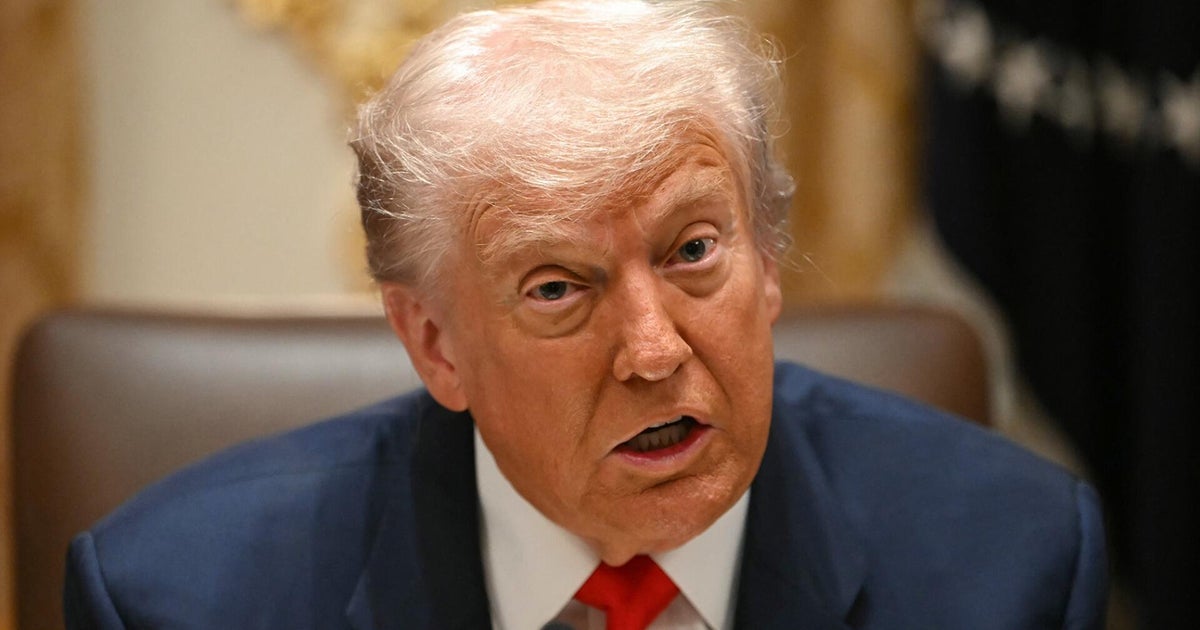











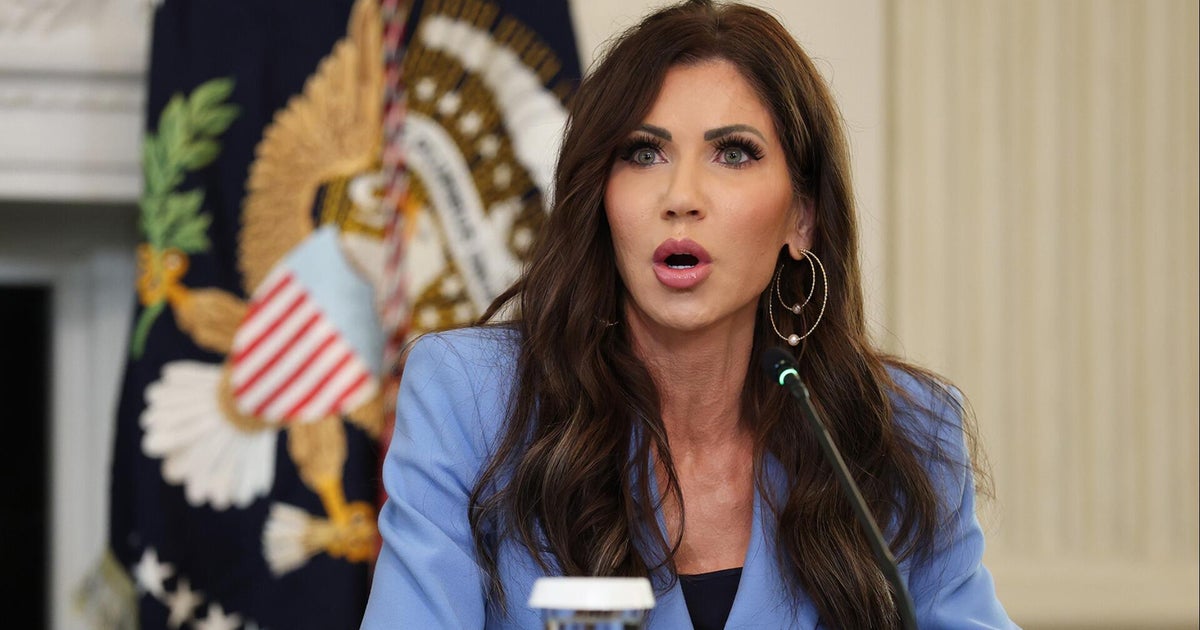
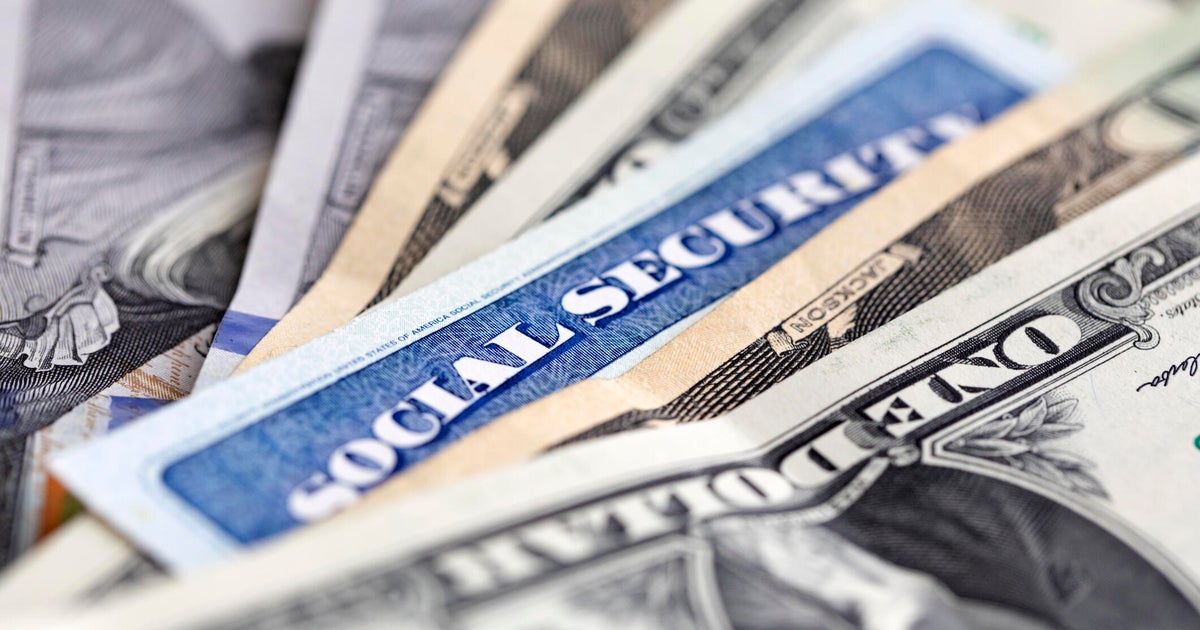



.jpeg)













 English (US) ·
English (US) ·